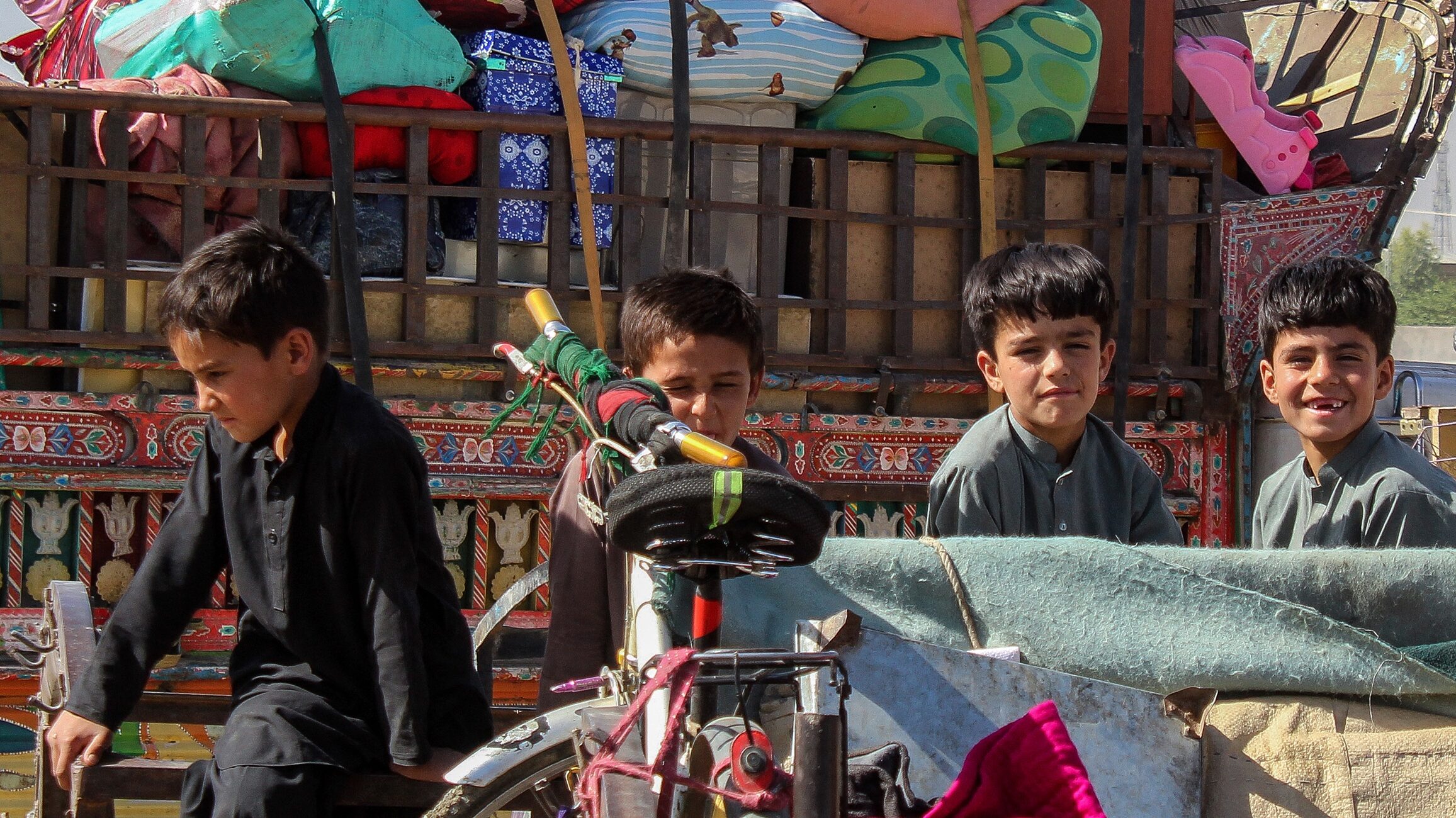UNICEF Warns of Humanitarian Emergency as Afghan Children Deported From Pakistan Face Dire Conditions
The United Nations Children’s Fund (UNICEF) has raised alarm over the worsening humanitarian crisis at the Afghanistan-Pakistan border, where tens of thousands of Afghan refugees—many of them children—are being forcibly deported from Pakistan. In a statement released Sunday, May 4, UNICEF reported that children make up around 20% of those expelled, with some returning alongside family members and others sent back alone, vulnerable and unaccompanied.
“These children are in a highly vulnerable and concerning situation,” UNICEF said, calling for urgent humanitarian intervention to protect returnees from disease, malnutrition, and psychological trauma. Many of the children are arriving at the Torkham border crossing—one of the busiest entry points between Pakistan and Afghanistan—exhausted and carrying little more than the clothes on their backs.
During the first two weeks of April, an estimated 8,000 people crossed into Afghanistan daily via Torkham. According to the United Nations High Commissioner for Refugees (UNHCR), more than 250,000 Afghans returned in April alone, including 96,000 deportees. UNICEF and other agencies are scrambling to provide relief to the new arrivals, most of whom lack basic necessities and access to clean water or medical care.
To address urgent hygiene needs, UNICEF—working in partnership with the Chinese government—has distributed more than 5,700 hygiene kits at Torkham. The kits contain 14 essential items, including soap, shampoo, reusable sanitary pads, toothbrushes, toothpaste, and water containers. Additional distributions are planned in the southern, western, and eastern provinces of Afghanistan.
“With the generous contribution from the People’s Republic of China, UNICEF is delivering lifesaving hygiene kits to thousands of returnee families—providing not just items but also a message of care, dignity, and solidarity,” the agency said.
Give the gift of hope
We practice what we preach:
accurate, fearless journalism. But we can't do it alone.
- On the ground in Gaza, Syria, Israel, Egypt, Pakistan, and more
- Our program trained more than 100 journalists
- Calling out fake news and reporting real facts
- On the ground in Gaza, Syria, Israel, Egypt, Pakistan, and more
- Our program trained more than 100 journalists
- Calling out fake news and reporting real facts
Join us.
Support The Media Line. Save democracy.


Beyond distribution of supplies, UNICEF has engaged over 40,000 returnees in hygiene education sessions focused on handwashing, safe water storage, and menstrual hygiene. These sessions are conducted separately for men and women to respect cultural norms.
To reduce the risk of disease outbreaks in reception areas—where overcrowding and poor sanitation have become critical issues—UNICEF has installed handwashing stations, mobile and fixed water systems, and constructed hundreds of latrines. These measures aim to prevent waterborne illnesses, which pose a serious threat to children under five.
Afghanistan is among the most climate-vulnerable countries in the world. Over 12 million Afghans lack access to safe water for drinking, cooking, and bathing. Years of drought, a falling water table, and recurring disease outbreaks have pushed many communities to the brink. As returning families attempt to rebuild their lives, access to clean water and hygiene is vital for survival.
The current crisis has been worsened by a dramatic shift in international support. Since President Donald Trump returned to office, the US suspended humanitarian aid to Afghanistan, creating a financial void that has disrupted key development and health programs. Mullah Abdul Haleem, a senior Taliban official, acknowledged that the halt in US assistance had deepened the crisis but credited China for stepping in.
“After the cessation of US aid, the situation was worsening,” Haleem told The Media Line. “But China is successfully filling the gap, and now the situation is going better day by day.”
Haleem said Afghanistan’s relationship with Beijing is built on “mutual interest and respect” and has offered not just economic assistance but a degree of international legitimacy. China’s engagement includes infrastructure development, humanitarian relief, and diplomatic exchanges.
Despite these efforts, humanitarian organizations say that more support is urgently needed. The country’s infrastructure is already strained by years of war, drought, and political instability. Aid groups stress that without a coordinated international response, the large-scale return of refugees could trigger further destabilization.
The UNHCR and other agencies have expressed deep concern for the safety and rights of deported women and girls, who face increasing restrictions under Taliban rule. Many are unable to access education or healthcare, and some may be exposed to forced marriages or violence.
UNICEF has appealed for increased funding, long-term planning, and cross-border cooperation to meet the needs of returnees. For thousands of Afghan children now facing life in displacement camps or under-resourced rural areas, the stakes are life and death.
“These hygiene kits are a first step toward safety, health, and stability,” UNICEF said. “They represent more than just supplies—they represent solidarity and support for Afghan children and their families.”

